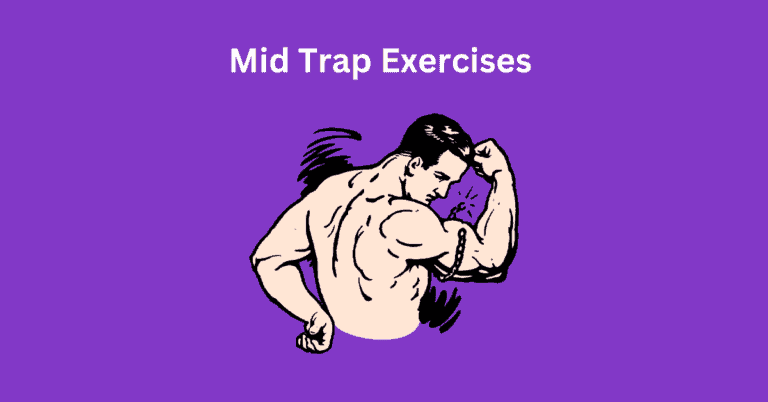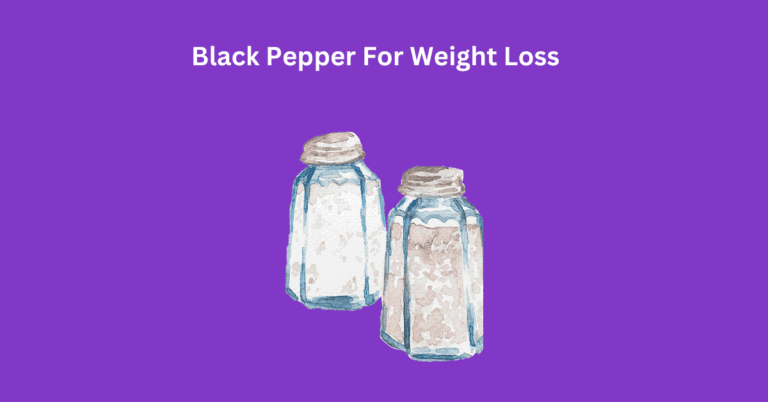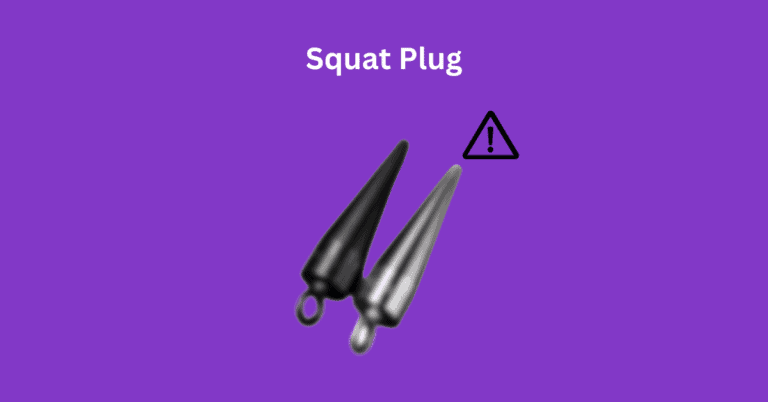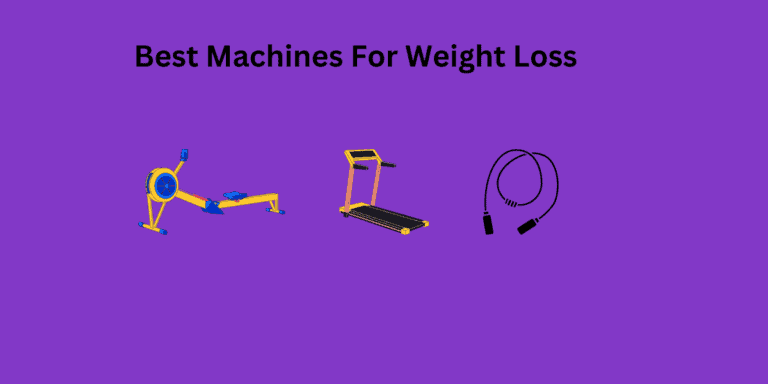How Much Weight Can You Lose In 2 Weeks?

Losing weight is something many individuals aspire to achieve for various reasons, but it is important to tackle this goal in a healthy and viable manner.
While it is possible to lose a significant amount of weight in a short duration, such as two weeks, it is not recommended because of the likely health risks that come with it.
How much weight can you lose in 2 weeks will depend on variables such as starting weight, gender, age, and level of physical activity.
In general, it is suggested to lose around 1-2 pounds per week~ this way not only you will not face any serious adverse effects but you are more likely to keep the weight off for good.
How Much Weight Can Be Lost In 2 weeks?
If you approach this the correct way you can expect to lose 2-4 pounds in 2 weeks.
Now of course you can lose more than 4 pounds in 2 weeks if you implement extreme procedures, but the chance you gain the weight back due to health problems is very high.
As an example people start ‘starving’ themselves, eating way below their maintenance calories. This tactic is not sustainable and can even lead to malnourishment.
Everyone has their average calorie intake to maintain their current weight. There are many tools online that calculate this for you (Here is one example).
To be able to lose 2 pounds per week you should aim to burn 1000 calories per day,
To make this easier you should split it 50/50 between your diet and exercise. So eat 500 fewer calories and try to burn 500 calories with any activities, resulting in overall 1000 calories being burnt.
Splitting it 50/50 ensures that you are still getting enough food and not over-fatiguing your body with physical work.
How To Lose Weight Effectively?
Having a successful weight loss all comes down to how well you can play the Calories game.
No matter what you do, if at the end of the day, you’re eating above your required calories (known as caloric surplus) then your weight will not drop.
As calories are fuel for the body, if there is an excess amount of it, then the body stores it around the body as fat tissues.
Therefore calculating your maintenance calories is vital since it is needed for you to achieve a caloric deficit state.
Here are some tips to help you along your weight loss journey:
Keep Protein High
As you may know by now cravings are the biggest foe, for people who are trying to slim down~ this is where protein comes in to save the day.
Protein is incredibly satiating, so it can help curb hunger and reduce overall calorie intake. Once ingested it stimulates the release of the hormone called CCK, which suppresses your appetite.
In addition, protein can also help support muscle growth and maintenance, which is important for long-term weight loss and overall health.
When you lose weight, you get a reduction in both muscle mass and fat. Consuming enough protein can help preserve muscle tissue and prevent significant muscle loss while dieting.
In general, the more muscle mass you have the higher your metabolism will be, hence maintaining them is important.
Moreover, all foods require some energy to digest, in which protein needs the most energy compared to fat and carbohydrate. So your metabolism can increase slightly from this~ giving you that extra support for losing weight.
Clean Up Your Diet
We all have our guilty pleasures of food/snacks and they are mostly not known for their low-calorie properties.
I am not saying that you have to get rid of them. It’s ok to treat yourself from time to time, but don’t overindulge in them.
As mentioned before, you need to have a caloric balance. Consuming too many calories than your body requires will result in weight gain, whereas taking in fewer calories than what your body burns will result in weight loss.
If your diet consists of high-calorie foods that provide little to no value to the body, you are prone to overeat every time.
Once the treats are in your hands, it is near to impossible to not guzzle it all down.
Include Strength Training
Many people only prioritize cardio instead of strength training for cutting down weight.
Even though yes cardio workouts such as running or biking are certainly important, but incorporating strength training into your exercise routine is equally crucial in promoting healthy weight loss and maintaining it over the long term.
Strength training can be done using added weights or just your body weight as a form of resistance.
The resistant exercises will promote muscle growth, thus increasing your metabolism. Having the increase in muscle mass, your body will essentially start turning into a furnace, burning higher calories even at rest due to muscles requiring additional energy to maintain than the fat cells.
Furthermore, this type of training will support you in preserving your lean body mass and continuing to burn calories effectively
Have Balanced Meals
Lowering your calorie intake while having a nutritious meal should be done simultaneously.
Nutrients are essential for weight loss as they provide the body with the necessary building blocks to function and maintain a healthy metabolism.
Such as your vitamins like the vitamin C~ it plays a major role in oxidizing your fats for energy during exercise while magnesium is also essential for proper muscle function and controlling blood sugar levels.
Eating a balanced meal helps to regulate blood sugar levels, preventing energy crashes and overeating.
It’s necessary for long-term weight loss success as it encourages a sustainable, healthy lifestyle.
The end goal is to have a positive relationship with food, where your life does not become miserable and the diet just starts blending into your life.
Reduce Stress
Stress can be a factor that is holding you back.
Being stressed out releases a certain hormone called cortisol which puts your body into fight or flight mode, giving you a surge of energy by metabolizing the fat and carbohydrate.
This mechanism was needed in the past for escaping from dangerous situations. On the downside, this can lead to an increase in appetite and drive your sugar cravings up.
In addition, stress can trigger emotional eating, where you eat to settle down the negative emotions.
Typically during this time, you will naturally go for high-calorie, sugary, and greasy foods that provide temporary comfort but result in long-term weight gain.
Although it’s impossible to cut out stress from life, there are various methods to reduce it~ some of them are body massages, a good night’s rest, and meditation.
What Is A Heathy Weight For You?
Losing weight correlates with various health benefits, however people focus on the number that the weighing scale presents rather than looking at their overall fat loss.
This can cause many people to become underweight, which will have a negative effect on their health instead.
Most practitioners use the BMI formula to calculate people’s optimum weight. It uses your weight in kg divided by height in meters squared~ here is how it looks kg/m2
Even though this formula is widely used, it does not give us a full picture.
You should rather pay attention to your muscle-to-fat ratio. Health complications start arising when your fat ratio is much higher than your muscles.
Therefore don’t revolve your weight loss around metrics on a scale. Make a plan to burn off the excess fat tissue while gaining additional muscle mass.
This will give you that slim look and allow you to feel healthier.
So, in conclusion, there is no set number for a healthy weight. It just depends on the balance between fat tissue and muscle mass around your body.
Reasons For Weight Fluctuation
It’s completely normal for your weight to shift 2-5 lbs every day.
It does not always correlate with weight gain or weight loss, there are many other contributing factors:
Water Retention
Foods that are high in sodium and carbohydrate can cause your body to hold on to additional water leading to ‘weight gain’.
The sodium-to-water ratio outside the cell is kept at the correct level by the body. With consuming high sodium content foods, your body would need to increase the water level to balance out the ratio.
Carbohydrates are fuel for our body to use, when there’s a surplus amount, it is stored as glycogen in the liver for later use~ for every 1g of glycogen, 3g of water is also attached to it.
Water retention is only temporary, it does not count toward your overall weight.
Big Meals
Food does not get digested right away, it can take up to 6-8 hours for food to travel through our small intestine.
This means that after a day of eating, the foods can still hold a few pounds of weight, thus slightly nudging that number up on the scale.
The same goes with any drinks as well~ 4 cups (32 ounces) of water approximately weigh around 4 pounds.
Be assured that this does not translate to any added fats, usually the calorie in the foods and drinks will be used up for bodily functions or stored up for when it is needed in the future.
Once digested, your weight should come back to normal.
Alcohol Consumption
Excess alcohol consumption will have a diuretic effect on your body. Which leads to water loss due to the kidney producing more urine.
This additional loss can force your body on retaining extra water to prevent your body from dehydrating.
Furthermore, alcohols contain much higher calories than people might think. A shot (25ml) of whiskey comes to 61 calories and usually, people mix it with other liquids which will ramp up the calories.
Had A Great Workout
After a sweat-drenching workout, you are bound to see the number on the scale drop.
However don’t get fooled by it, the drop in weight is only because of fluid loss through the sweat. It will get replenished after a meal or a bottle of water, bringing your weight back to normal.
This shouldn’t discourage you, fat loss is bound to occur through repetition and hard work overtime.
Is Fasting Effective For Weight loss?
Fasting is a great way to reduce your calorie intake throughout the day, therefore stimulating the body’s fat-burning process.
By avoiding food for a certain period of time in a day, it’s easier to get into a caloric deficit state. Without getting into this phase losing weight will be impossible.
Intermittent fasting, in particular, has gained significant attention in recent years~ it’s where you typically fast for 16 hours and only eat in the 8-hour window.
Several studies have investigated the effectiveness of intermittent fasting for weight loss. One found out that over the course of 10 weeks 7-11 pounds of weight was lost.
However, one problem with fasting is that it can lead to overeating during the non-fasting periods, which can negate any weight loss that occurred during the fasting period.
Conclusion
How much weight can you lose in 2 weeks? If you implement the correct methods you can lose 2-4 pounds of weight.
Weight loss is a journey and speeding up this process will bring forth negative issues.
It’s crucial to not only pay attention to calorie consumption but your macronutrients and vitamin intake as well.
The macronutrients and vitamins allow your body to keep on operating at an optimum rate, therefore the body can metabolize the fat tissues properly.
Create a plan that you can integrate into your lifestyle naturally, without making you feel miserable.
Losing weight can sometimes take a long duration but don’t give up, your hard work will definitely pay off!





